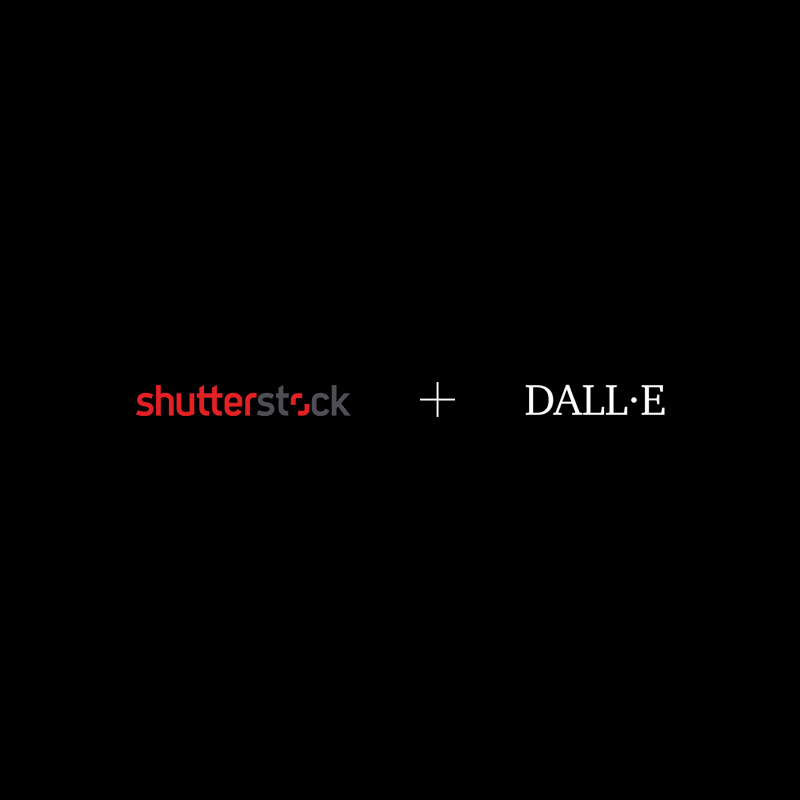
Computers don't have imagination. But AI does, the longer the technology is trained with images of the world.
And when OpenAI released its GPT-2, and later, the GPT-3, the technologies kept on branching.
Ultimately, the technologies made way for AIs like DALL·E and DALL·E 2, which are AIs that can produce original images from only text prompts.
DALL·E and DALL·E 2 is such a hype, that pretty much everyone that is into deepfake technology, Stable Diffusion, other AI-image generators, knows it.
And this time, Shutterstock, the popular provider of stock photography, stock footage, stock music, and editing tools, is having a go with the OpenAI technology.
According to its press release:
"Shutterstock, Inc. [...] unveiled its action plan to launch its AI-generated content capabilities in a manner that is responsible and transparent for its customers and contributors."
"In expanding its partnership with OpenAI, launching a fund to compensate artists for their contributions, and focusing its R&D machine on gathering and publishing insights related to AI-generated content."
DALL·E from OpenAI is a commercial deep learning image synthesis product that can generate new images in almost any artistic style based on text descriptions.
Since being announced to the public, lots of people have been generating out-of-this-world images using the AI.
And this time, by partnering with OpenAI, Shutterstock is essentially integrating the DALL·E API.
The company said that with the integration, users of Shutterstock can generate images based on text prompts.
By bringing DALL·E's technology into Shutterstock.com itself, so customers of the site can create novel images that might not be present in the site's stock photography and artwork library.
But unlike others that use OpenAI's technology to empower its own image-generating prowess, Shutterstock wants to compensate artists "whose works have contributed to develop the AI models."
Read: How 'Customizable' Pornography Made By Artificial Intelligence Can Disrupt Online Pornography
Shutterstock's partnership with OpenAI, came after OpenAI CEO Sam Altman revelation about how his company licensed imagery from Shutterstock to train DALL-E beginning in 2021.
"The data we licensed from Shutterstock was critical to the training of DALL-E," Altman said.
Before this, OpenAI has never publicly revealed the sources of their data sets, nor saying whether they licensed any training material, nor telling whether it came entirely from web scraping.
But here, even though Shutterstock wants to compensate artists for helping OpenAI create DALL·E, the company said that it is not allowing contributors to sell AI-generated artwork that has not been created using its partnership with OpenAI, citing copyright concerns over the provenance of images used to train non-DALL-E image models.
Shutterstock said that contributors will be "compensated for the role their content played in the development of this technology."
A spokesperson for the company described a "revenue share compensation model," in which Shutterstock contributors whose content helped train generative models will receive "a share of the entire contract value paid by platform partners" proportionate to the amount of their content in the "purchased datasets."
While the objective is clearly to benefit digital artists who provide images to the AI platform, the unexpected alliance could literally turn the world of stock images upside down.
And because Shutterstock wants to sell AI-generated arts, but this can only be made with the OpenAI integration, Shutterstock is literally cutting contributors out of the equation.